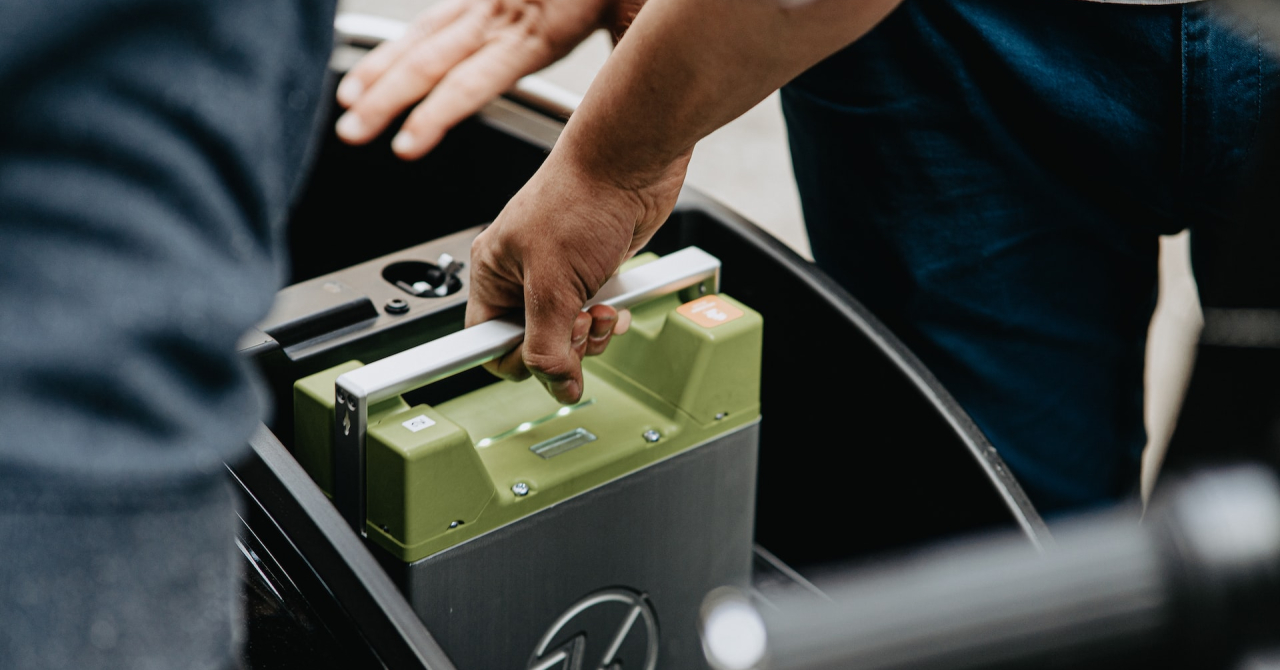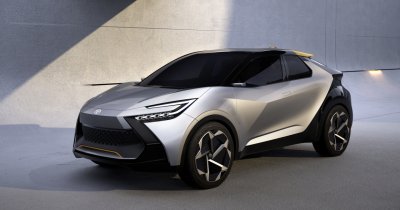According to Electrive, the German Federal Government is funding the recently-launched project with 3 million euros.
The project's mission now is to increase cycle stability and energy density of the cells so that they can become a viable alternative to traditional batteries that we used for years.
Calcium could be an alternative to lithium, according to some experts, as the material is significantly more abundant, some 400 times more in fact, and it is widely available on pretty much all continents of the world.
It also has high storage capacity and cell voltage, just like lithium, which are also two important advantages and calcium-based batteries are also safer in case of a short circuit, as they are not prone to catching fire, unlike lithium-ion cells.
Calcium as an energy environment has its own drawbacks, such as the fact that it can form surface layers when in contact with air, moisture and even the electrolyte used in the battery itself.
This means that, under such conditions, charging and discharging is no longer possible.
This is one of the main problems the team behind CaSino has to overcome and if they are able to achieve positive results, this could be the future battery technology that powers our phones, EVs and anything in between.
 Mihai - Cristian Ioniță
Mihai - Cristian Ioniță












Any thoughts?